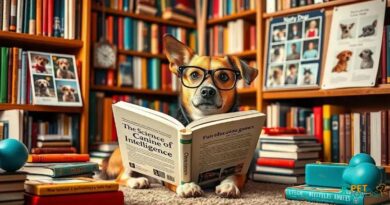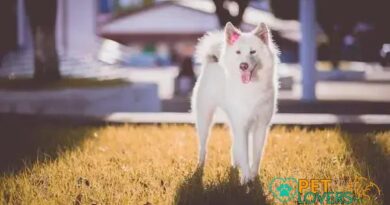What is effective dog relaxation techniques
Understanding Effective Dog Relaxation Techniques
Effective dog relaxation techniques are essential for promoting a calm and balanced state in your canine companion. These methods not only help reduce anxiety but also enhance overall well-being. By incorporating various relaxation strategies, you can create a peaceful environment that allows your dog to unwind and feel secure.
Importance of Relaxation for Dogs
Relaxation is crucial for dogs, as it helps mitigate stress and anxiety that can arise from various stimuli, such as loud noises, unfamiliar environments, or changes in routine. When dogs are relaxed, they are less likely to exhibit behavioral issues, such as excessive barking or destructive chewing. Understanding the importance of relaxation techniques can lead to a happier and healthier pet.
Breathing Techniques for Dogs
One effective relaxation technique involves teaching your dog specific breathing exercises. Just like humans, dogs can benefit from deep breathing, which can help lower their heart rate and promote a sense of calm. You can practice this by encouraging your dog to take slow, deep breaths while you gently stroke their body, creating a soothing atmosphere that fosters relaxation.
Massage and Physical Touch
Massage is another powerful tool in the realm of effective dog relaxation techniques. By gently massaging your dog’s muscles and joints, you can help release tension and promote relaxation. Focus on areas where your dog tends to hold stress, such as the neck, shoulders, and back. This not only helps your dog relax physically but also strengthens the bond between you and your pet.
Creating a Relaxing Environment
To effectively implement relaxation techniques, it’s essential to create a calming environment for your dog. This can include setting up a quiet space with comfortable bedding, dim lighting, and soft music. Reducing distractions and providing a safe haven allows your dog to feel secure and encourages them to relax more readily.
Utilizing Aromatherapy
Aromatherapy can be an effective addition to your dog’s relaxation routine. Certain scents, such as lavender and chamomile, have calming properties that can help soothe anxious dogs. You can use essential oils in a diffuser or apply diluted oils to your dog’s bedding to create a tranquil atmosphere that promotes relaxation.
Incorporating Gentle Exercise
While relaxation is important, gentle exercise also plays a vital role in your dog’s overall well-being. Activities such as leisurely walks or light play can help release pent-up energy, making it easier for your dog to relax afterward. Balancing exercise with relaxation techniques ensures that your dog remains physically and mentally healthy.
Training for Calm Behavior
Training your dog to exhibit calm behavior is a fundamental aspect of effective dog relaxation techniques. Teaching commands such as “sit,” “stay,” and “down” can help instill a sense of discipline and control. Reinforcing these commands with positive reinforcement can encourage your dog to remain calm in various situations, contributing to their overall relaxation.
Using Calming Products
There are various calming products available that can aid in relaxation for dogs. Items such as calming collars, anxiety wraps, and herbal supplements can provide additional support for anxious pets. It’s essential to consult with your veterinarian before introducing any new products to ensure they are safe and appropriate for your dog’s specific needs.
Regular Routine and Consistency
Establishing a regular routine is key to effective dog relaxation techniques. Dogs thrive on consistency, and having a predictable schedule for feeding, walks, and relaxation time can significantly reduce anxiety. By incorporating relaxation techniques into your daily routine, you can help your dog develop a sense of security and calmness that lasts throughout the day.




